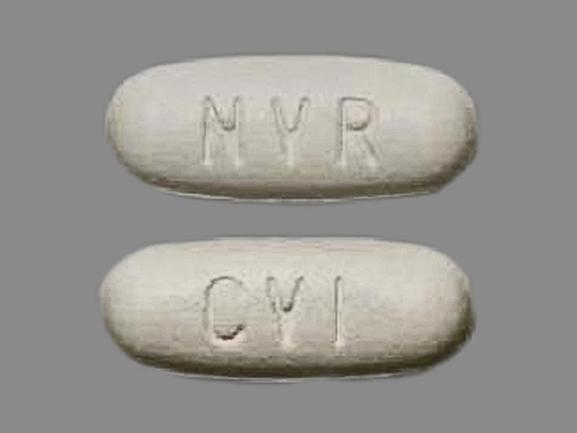Tekturna HCT Interactions
There are 653 drugs known to interact with Tekturna HCT (aliskiren/hydrochlorothiazide), along with 14 disease interactions, and 3 alcohol/food interactions. Of the total drug interactions, 38 are major, 581 are moderate, and 34 are minor.
- View all 653 medications that may interact with Tekturna HCT
- View Tekturna HCT alcohol/food interactions (3)
- View Tekturna HCT disease interactions (14)
Most frequently checked interactions
View interaction reports for Tekturna HCT (aliskiren / hydrochlorothiazide) and the medicines listed below.
- allopurinol
- amlodipine
- aspirin
- Aspirin Low Strength (aspirin)
- atenolol
- atorvastatin
- Azor (amlodipine / olmesartan)
- Bystolic (nebivolol)
- carvedilol
- clonidine
- Crestor (rosuvastatin)
- Diovan (valsartan)
- Exforge (amlodipine / valsartan)
- Fish Oil (omega-3 polyunsaturated fatty acids)
- furosemide
- gabapentin
- hydralazine
- levothyroxine
- Lipitor (atorvastatin)
- lisinopril
- meloxicam
- metformin
- metoprolol
- Nexium (esomeprazole)
- omeprazole
- pravastatin
- simvastatin
- Synthroid (levothyroxine)
- tramadol
- Vitamin D3 (cholecalciferol)
Tekturna HCT alcohol/food interactions
There are 3 alcohol/food interactions with Tekturna HCT (aliskiren / hydrochlorothiazide).
Tekturna HCT disease interactions
There are 14 disease interactions with Tekturna HCT (aliskiren / hydrochlorothiazide) which include:
- diabetes
- anuria
- electrolyte losses
- liver disease
- lupus erythematosus
- renal function disorders
- hypotension
- renal impairment
- asthma
- diabetes
- hyperlipidemia
- hyperparathyroidism
- hyperuricemia
- thyroid function tests
More about Tekturna HCT (aliskiren / hydrochlorothiazide)
- Tekturna HCT consumer information
- Compare alternatives
- Reviews (4)
- Drug images
- Side effects
- Dosage information
- During pregnancy
- FDA approval history
- Drug class: miscellaneous antihypertensive combinations
- En español
Related treatment guides
Drug Interaction Classification
| Highly clinically significant. Avoid combinations; the risk of the interaction outweighs the benefit. | |
| Moderately clinically significant. Usually avoid combinations; use it only under special circumstances. | |
| Minimally clinically significant. Minimize risk; assess risk and consider an alternative drug, take steps to circumvent the interaction risk and/or institute a monitoring plan. | |
| No interaction information available. |
See also:
Further information
Always consult your healthcare provider to ensure the information displayed on this page applies to your personal circumstances.


